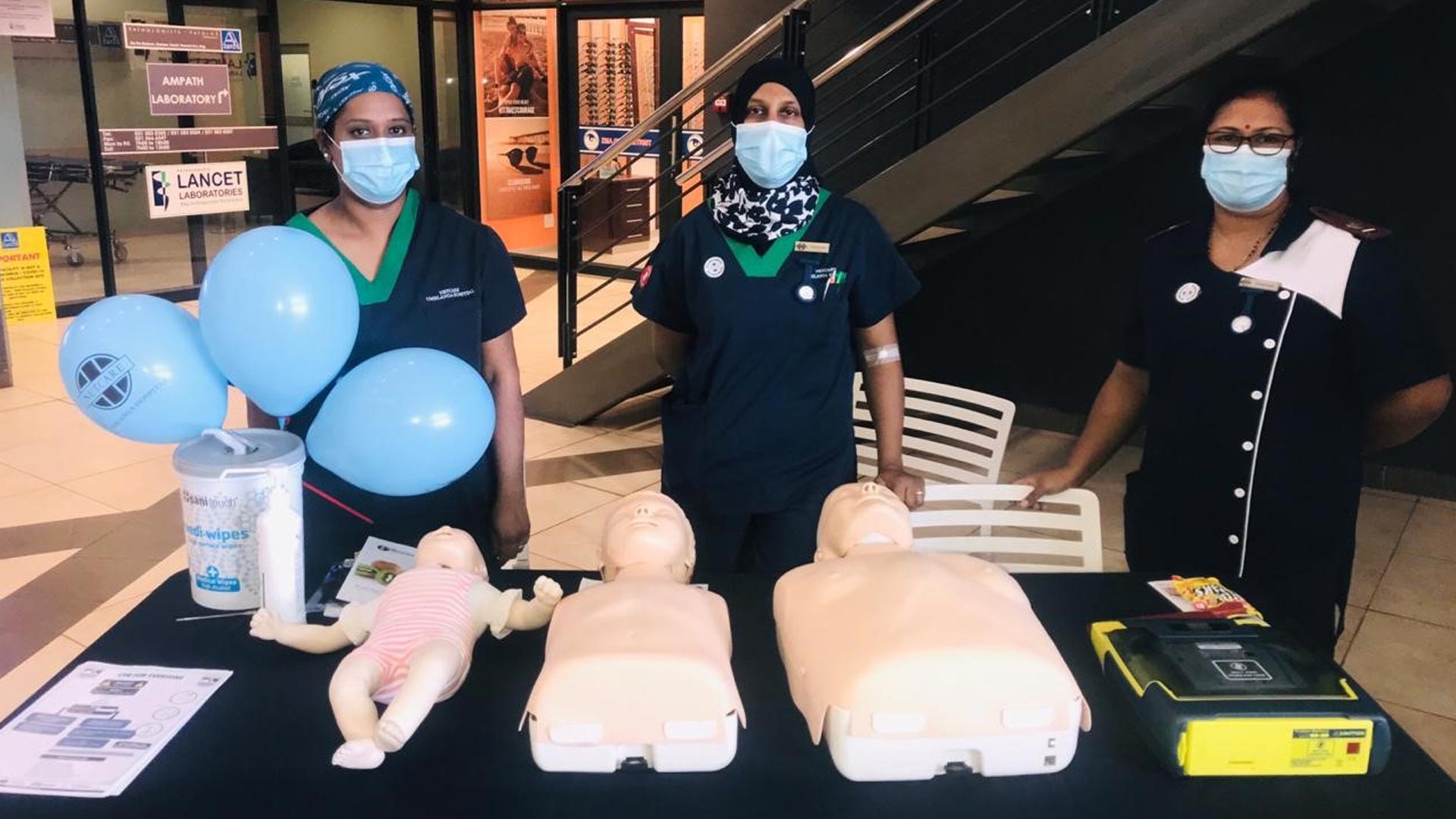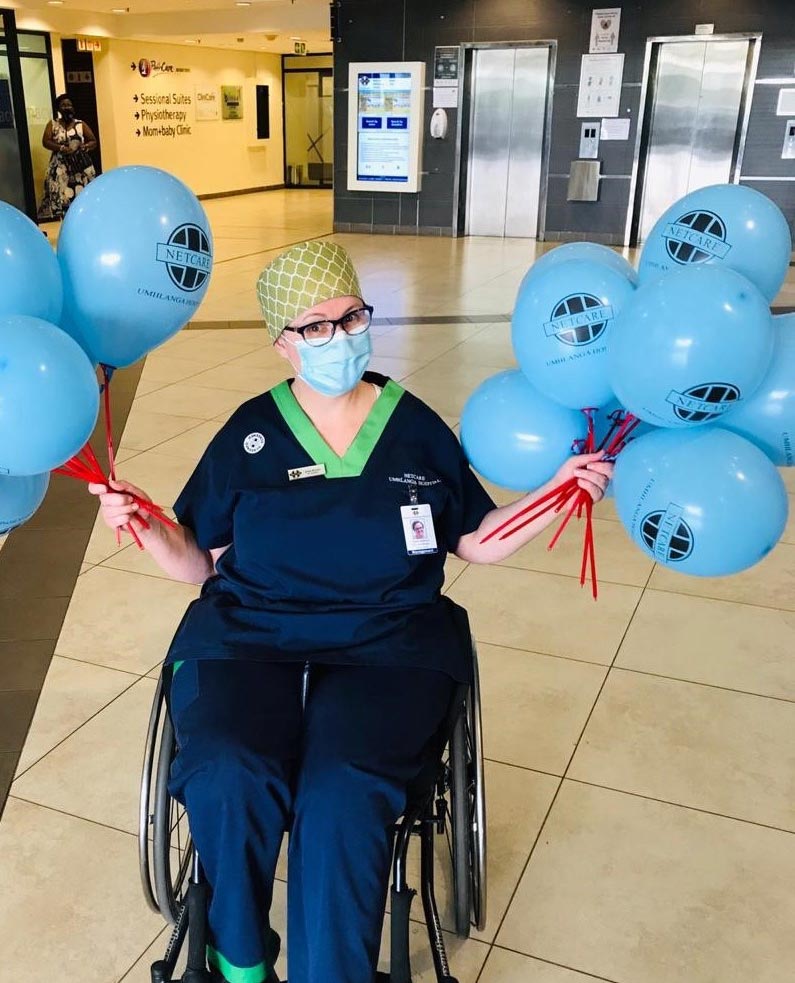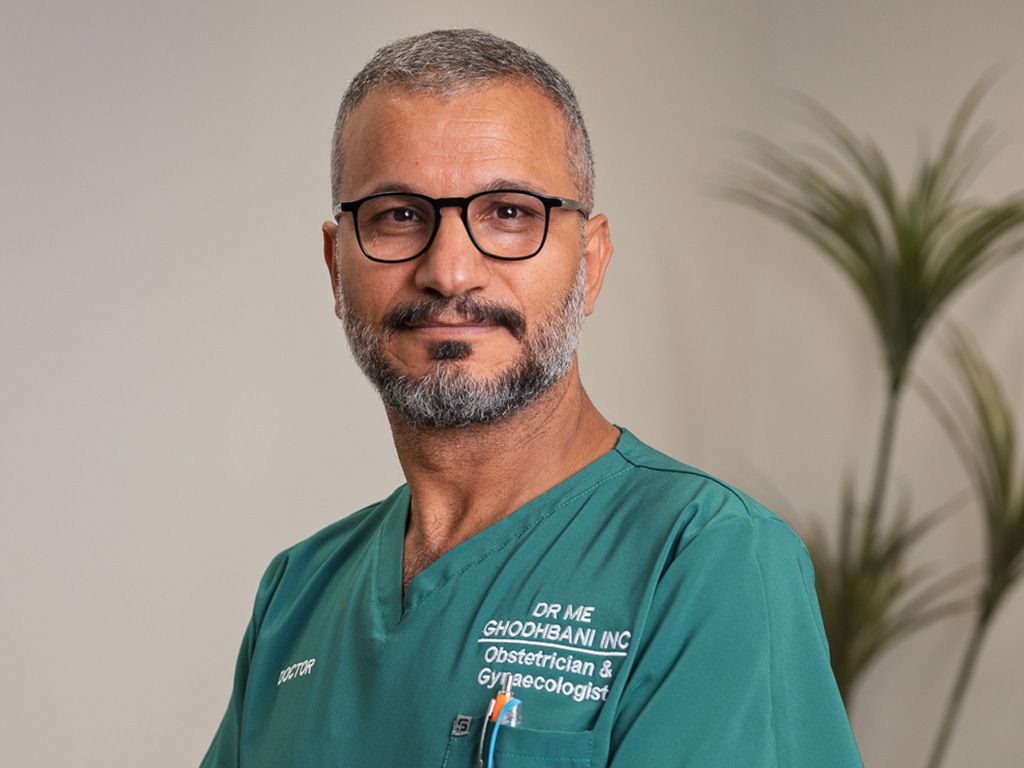In the face of critically low blood stock levels, a clarion call is being issued for all those able to donate blood to do so urgently. The current shortages pose a serious danger to the healthcare system in the country, with the lives of thousands of South Africans now at risk.
“One unit of blood can save three lives,” explains Sara Nyager, general manager of Netcare uMhlanga Hospital. “While it is understandable that donors have steered clear of donation centres due to fears about COVID-19, the impact this has on saving lives is deeply concerning. Naturally, the fewer the donations received, the fewer the lives that can be saved. Low blood stock quite literally means grave peril for those who so desperately need a transfusion.
“At our hospital we have experienced firsthand the impact the pandemic has had on blood donation. Whereas last year we were able to set a new African record by gathering well over 600 units in just 13 hours at our bi-annual Netcare uMhlanga Big Bleed, we have this year had to cancel the event to avoid crowds gathering. Instead we held a smaller drive on Friday, 16 October to mark World Trauma Day 2020, where we collected 55 units of blood, which will in turn be able to assist 165 people. We wish to thank those members of the community who came forward to make a difference on this day,” adds Nyager.
As the number of donors has decreased dramatically in past months, it seems that now more than ever it is a case of “every drop counts”. The South African National Blood Service (SANBS) aims to collect an average of 3 000 units of blood per day, to meet the demands for blood transfusions. Yet, according to Khensani Mahlangu, communications officer at the SANBS, less than 1% of South Africans donate blood, a figure that has taken a further knock due to the impact of COVID-19.
“We are currently experiencing a blood shortage with an estimate of 1 869* lives at risk this week. We are appealing to communities to make suitable venues available for mobile blood drives, so that we may work in smaller groups but still reach the number of units required. A suitable venue includes spaces that are accessible and open to the public.
“We would also like to remind those in Blood Group O that as you are the universal blood group, anyone, regardless of blood type can receive your blood. However, we need all blood types and it is the regular donation of blood that makes an ongoing difference,” explains Mahlangu.
Historically, blood collection targets have been met through planned, sustainable blood drives at companies, schools and tertiary institutions. However, at a time when the community is unable to gather for this common cause, South Africans are encouraged to seek out their nearest fixed or mobile donor centres and to make time for blood donation.
Belinda Lehnerdt, nursing services manager at Netcare uMhlanga Hospital, emphasises that strict protocols are in place to safeguard the health of donors: “As healthcare professionals, we have comprehensive precautionary measures in place to address possible risks of COVID-19 transmission. This, in addition to the already high standards of hygiene necessary for blood collection, will ensure a safe experience for donors,” she says.
“Donating blood is a selfless act and what makes it even more special is the fact that you can do so much for so many people with such little effort. When you donate blood, you are giving the gift of life and there is no more profound way to express care for your fellow South Africans than by sharing your blood and by keeping yourself healthy so that you can continue to donate blood,” asserts Lehnerdt.
Netcare uMhlanga Hospital and the SANBS would especially like to thank each person who took the time and effort to come and donate blood on World Trauma Day. “Your blood donation could mean the difference between life and death for someone, and we commend you for your spirit of giving. We would like to encourage you to continue donating blood and urge you to contact the SANBS on 0800 119 031 to find out where the closest blood donation point is to you,” concludes Lehnerdt.














